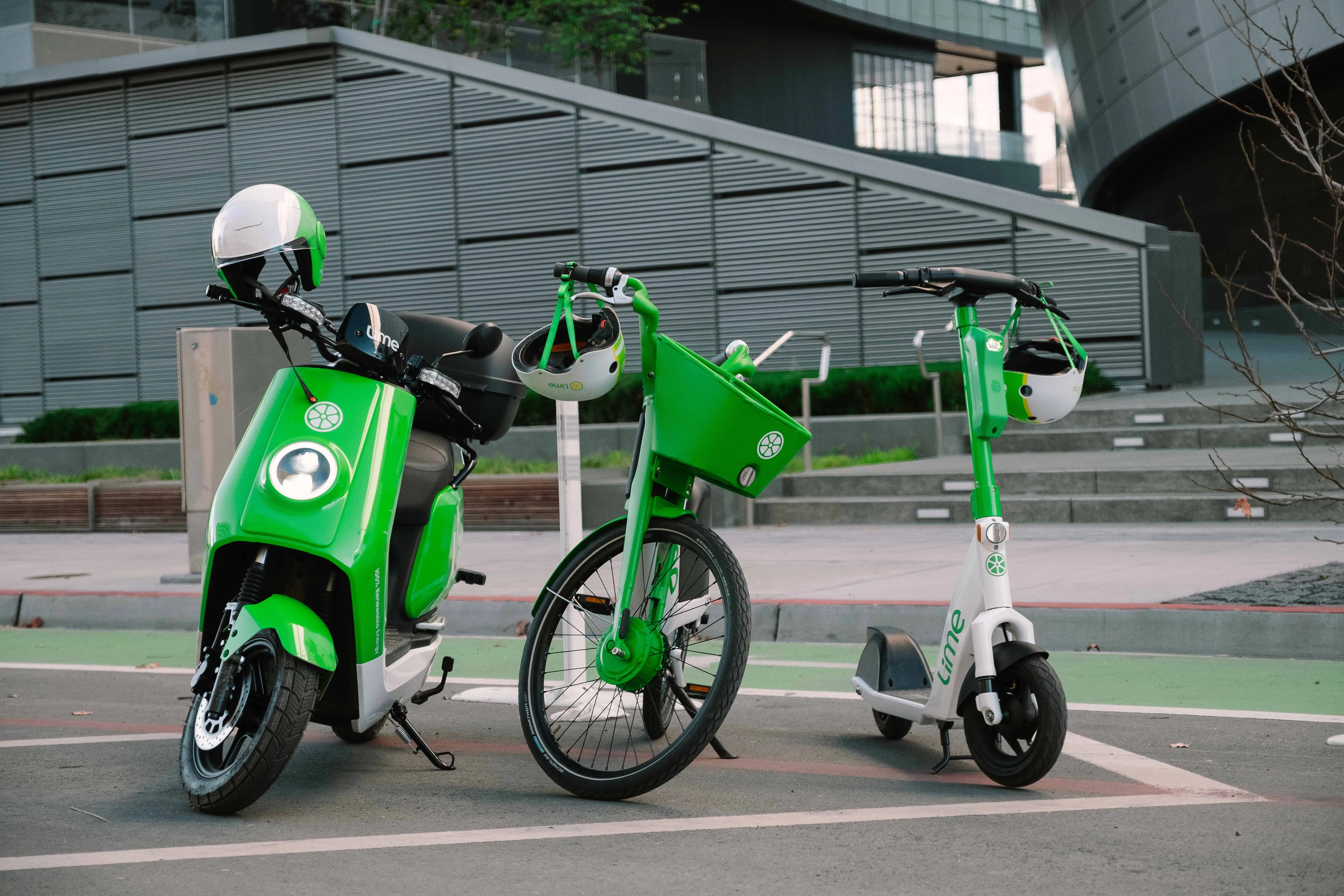Bird has acquired Europe-based shared electric scooter company Circ.
By Ben Spencer
February 20, 2020
Read time: 1 min

Bird says the combined company will make it easier for cities to manage micromobility programmes.
Lukasz Gadowski, founder of Circ, says: “As a combined company with Bird, we will be able to significantly accelerate our mission throughout Europe to provide safe, available, affordable, convenient and sustainable rides.”
The acquisition will allow Bird to add more than 300 employees to its European operations.
Additionally, Bird is increasing a funding round of $275 million led by CDPQ and Sequoia Capital to $350 million to increase vehicle development and research initiatives.









